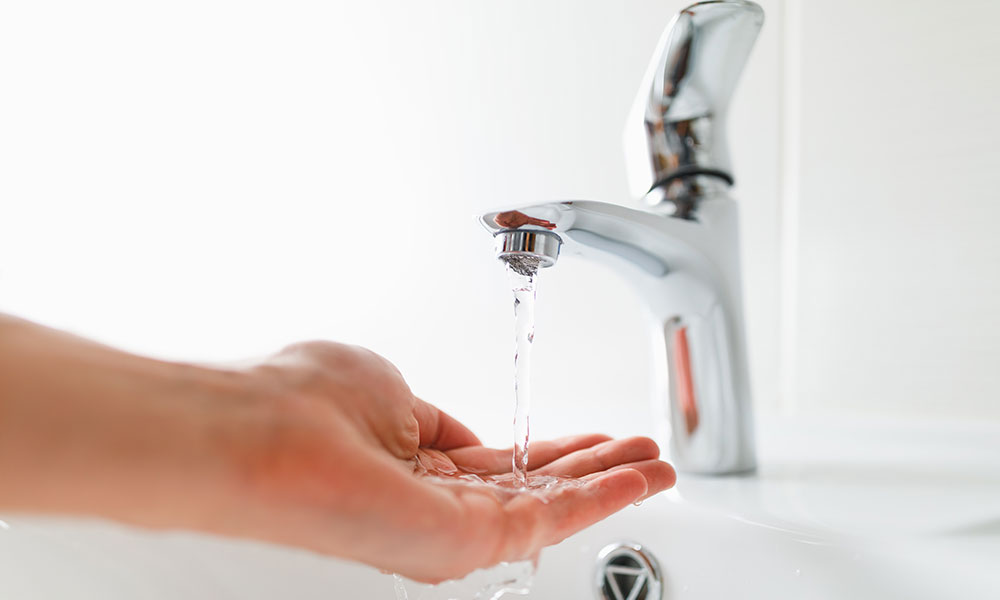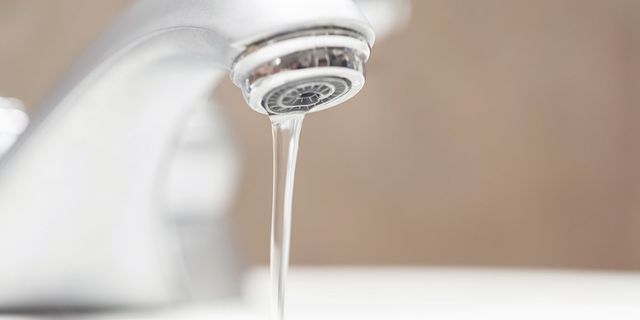This great article in the next paragraphs involving Low Water Pressure in the House? is unquestionably intriguing. Read on and make your own results.

Low water stress in your home can be an irritating issue, affecting everything from showering to washing dishes. If you're experiencing weak water circulation, there are several possible reasons and remedies to check out. In this guide, we'll review usual factors for low tide stress and useful steps to resolve the concern successfully.
Introduction to Low Water Stress
Low water stress happens when the circulation of water from your faucets, showers, and other components is weaker than normal. This can make day-to-day tasks extra difficult and much less reliable. Comprehending the reasons for low water pressure is critical to discovering the appropriate solution.
Usual Causes of Low Water Pressure
Faulty Pressure Regulators
Pressure regulatory authorities are in charge of maintaining constant water stress in your house. If they malfunction, it can lead to low water stress or uneven circulation throughout your house.
Municipal Water System Issues
In some cases, the trouble lies outside your home. Local water supply problems, such as main line leaks or maintenance job, can briefly reduce water pressure in your area.
Pipe Obstructions
In time, pipes can become clogged with mineral deposits, sediment, or debris, restricting the circulation of water. This is a common issue in older homes with galvanized steel pipes.
Rust
Rust within pipes can lead to leakages and decreased water pressure. Rust accumulation can constrict water circulation, specifically in maturing plumbing systems.
Exactly How to Identify Low Water Pressure
Checking Pipes
Check visible pipes for signs of leakages, deterioration, or clogs. Focus on any type of uncommon sounds, such as knocking or rattling pipes, which can indicate concerns within the plumbing system.
Consulting with a Plumber
If you're incapable to determine the cause of low water stress, think about employing a professional plumber to perform a complete evaluation. They can identify underlying issues and advise ideal remedies.
Inspecting Faucets and Components
Start by testing the water stress at various taps and fixtures throughout your home. If the concern is separated to specific areas, it might suggest local problems.
Do It Yourself Solutions to Take Care Of Low Tide Pressure
Flushing Hot Water Heater
Debris accumulation in the water heater can restrict circulation and lower efficiency. Purging the storage tank regularly helps remove sediment and keep optimum efficiency.
Examining Pressure Regulatory Authority
Make sure that the stress regulatory authority is operating properly. Adjusting or replacing the regulator can aid restore proper water pressure throughout your home.
Cleansing Aerators and Showerheads
Mineral deposits can build up in aerators and showerheads, reducing water flow. Eliminate and cleanse these components on a regular basis to improve water pressure.
Clearing Up Clogs in Piping
For small obstructions, try utilizing a plumbing serpent or chemical drain cleaner to clear obstructions in pipes. Be cautious when using chemicals and follow safety and security standards.
When to Call a Specialist Plumber
If DIY initiatives fall short to fix the problem or if you presume considerable plumbing troubles, it's finest to look for assistance from an accredited plumber. They have the knowledge and devices to resolve complex issues securely and successfully.
Preventive Measures to Preserve Water Stress
Setting Up a Pressure Booster
Consider installing a pressure booster pump to enhance water pressure in areas with continually reduced circulation. This can be particularly helpful for multi-story homes or homes with high-demand fixtures.
Tracking Water Usage
Be mindful of water use practices and avoid overtaxing the plumbing system. Simple changes, such as incredible showers and laundry tons, can aid keep appropriate water pressure.
Routine Upkeep
Arrange routine upkeep for your plumbing system to prevent concerns such as deterioration, leaks, and blockages. Addressing small troubles early can aid avoid more considerable repairs later on.
Conclusion
Dealing with low water pressure can be irritating, however identifying the underlying causes and implementing suitable solutions can restore optimal circulation throughout your home. Whether it's cleansing aerators, evaluating pipes, or speaking with a plumber, taking proactive actions can guarantee a consistent supply of water for your everyday needs.
HOW TO FIX LOW WATER PRESSURE IN YOUR HOUSE (EXPERT GUIDE)
The morning shower lacking any real pressure? Bathtub taking hours to fill? Or maybe you’re dissatisfied with the inadequate performance from your combi boiler?
Then you, like millions of others across the UK, might be experiencing low water pressure.
Fortunately, the good news is that you don’t have to continue living this way. The cause of low water pressure in the home is often quite simple, and you may not even require a plumber to fix the problem.
What causes low water pressure in the house?
If you are experiencing issues with water pressure throughout your home, then you may have one of the problems outlined below.
Most of these problems can be fixed quite easily, but for others, you may need to contact a plumber.
Obstructed Shutoff Valve
If you’ve just bought a new home or recently had building work conducted on your property, there is a chance that your water valves were not fully opened.
If the water valve is partially closed, then you may be restricting the amount of water entering your home. To fix this, simply ensure the valve is fully open.
If the valve appears fully open but you are still encountering reduced water pressure, then the valve may be broken. If this is the case, do not under any circumstances try to fix it without proper training.
Often found under your kitchen sink, a water valve will usually look like a bright yellow handle.
Again, if you believe the water valve is broken, contact a plumber immediately.
Leaks in Your Water Pipes
Leaks are the worst-case scenario when it comes to low water pressure.
If the water pipes are damaged, then this will cause low water pressure, as not all the water will make it to your taps.
After you’ve checked to see if the valve is fully open, you can conduct a leak check of your home. Now, this may seem scary, but it is actually quite simple.
Clogged Water Pipes
Clogged water pipes are one of the most common causes of low water pressure.
These clogs usually build-up when your home is supplied water via iron pipes. Iron is particularly vulnerable to rusting which can then break off and cause an obstruction within your system. You also face the problem of things like dirt, gravel or sand entering creating mineral deposits which further block water flowing from the mains water supply.
Unfortunately, if you suspect that clogged pipes may be restricting your water supply, then you will need to contact a plumber.
In this situation, you will either need to have your pipes removed and cleaned or in more severe cases, you could require a new set of water pipes.
Designer Taps
Designer taps look fantastic, but are they built to be efficient in your plumbing system? Modern taps are built for modern homes and they often have lower flow rates that are specifically designed for use within high-pressure systems.
Install a Water Pressure Booster Pump
If the issue is simply that the mains water pressure supply is too low, the simplest fix is to invest in a booster pump. Found in homes of all shapes and sizes, booster pumps are a relatively cheap option to add extra pressure to your home.
Designed to increase water pressure by passing water into the pump from your mains supply and then ejecting it into your home water system at a higher pressure, a booster pump is a truly simple and effective solution to increasing water pressure.
https://www.anchorpumps.com/blog/the-plumbers-guide-to-fixing-low-water-pressure/

Do you really like reading about 10 Reasons for Low Water Pressure in Your House? Place a review further down. We'd be glad to hear your insights about this write-up. Hoping that you come back again later on. Do you know somebody else who is looking into the niche? Be sure promote it. Thank you for your time invested reading it.
Call Today